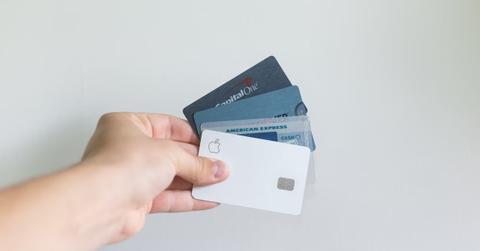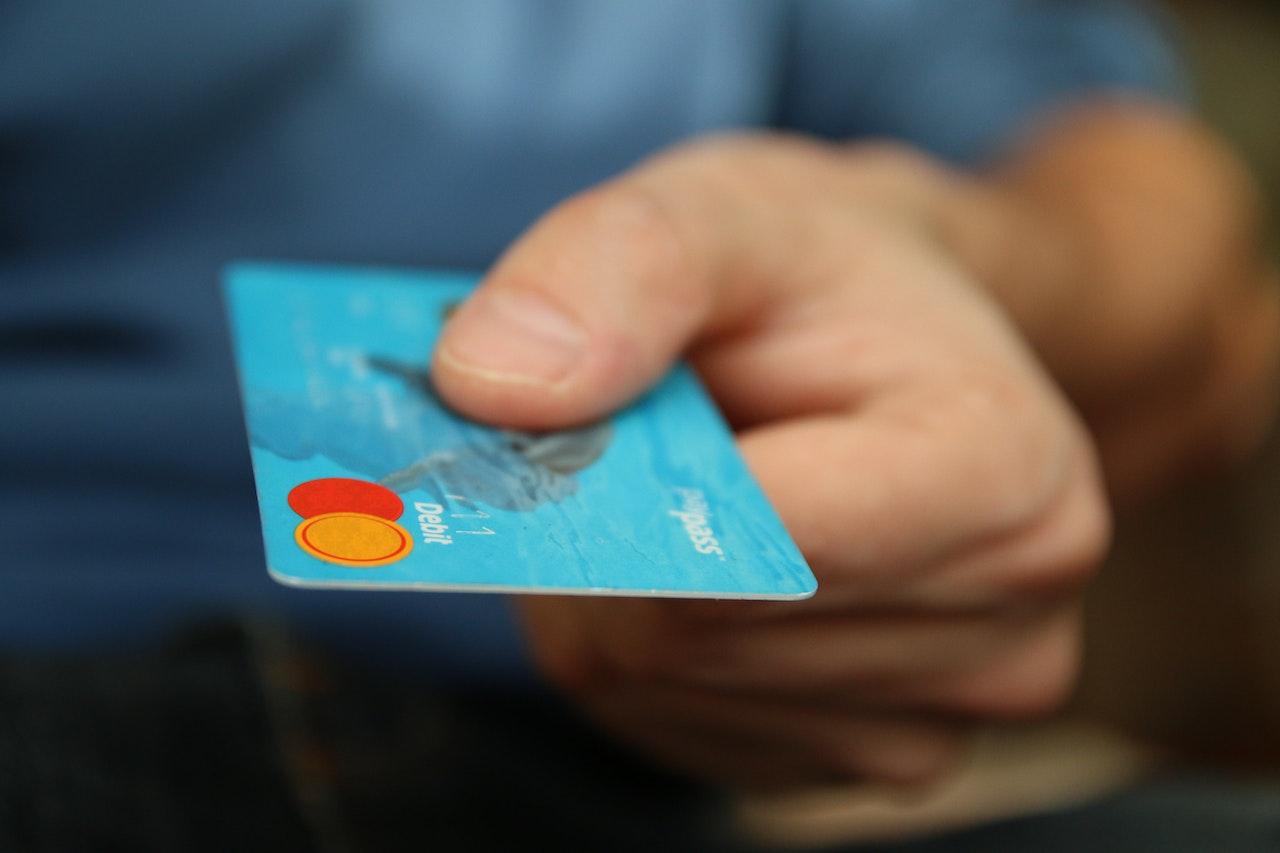Pay a Credit Card Bill on Time or Early to Improve Your Credit Score
Payment history is the most important determinant of an individual’s credit score. When should you pay your credit card bill to improve your credit score?
Aug. 22 2022, Published 11:25 a.m. ET

Payment history is the most important determinant of an individual’s credit score. In simple terms, it takes into account whether you pay your dues on time or not. Over three-fourths of adult Americans have a credit card and the average person has almost four credit cards. When should you pay your credit card bill to improve your credit score?
The credit score is a key metric that lenders look at. Your credit score doesn't only determine what interest the bank or the financial institution charges you, but also whether you get the loan in the first place.
It's important to understand the credit card billing cycle.
First, let’s look at the typical credit card billing cycle, which is usually monthly. The credit card issuer sends a statement to the cardholder on the pre-determined “statement date.” The bill has to be paid by the “due date” which is about three weeks after the statement date. Another date, which isn't known to the cardholder is the “reporting date” which is when the card issuer reports the balance details to credit bureaus.
Another term that a credit card user should be familiar with is the credit utilization ratio, which is simply the total credit that you have used against the total credit limit. Financial planners advise keeping the utilization rate below 30 percent, as it helps improve the credit score.
You should pay your credit card before the due date if the outstanding amount is high.
You should always pay the credit card bill before the due date. Also, it would be prudent to pay the bill a couple of days in advance as at times it might take time for the transfer to get reflected with the credit card issuer. But then, should you pay the credit card bill well in advance?
There's the opportunity cost of paying your credit card bill before the due date. Think of it this way, why pay a zero-cost loan (which a credit card bill is before the due date)? Incidentally, most student loan borrowers are repaying their loans amid the moratorium, and it makes perfect sense financially. However, credit card dues are a different ballgame altogether.
Paying the credit card bill before the due date might help improve the credit score.
If your credit utilization is low, say in the low single digits, paying the credit card bill before the due date might not have any impact on the credit score. However, if your credit utilization is usually high, or in a particular month it rises above 30 percent, you might be better off repaying the bill before the due date.
By repaying the card dues before the due date, you will lower your credit utilization rate. Also, if you repay before the reporting date, it would ensure that credit bureaus would get a lower credit utilization rate for your account.
Meanwhile, even if your credit utilization isn't high but in the vicinity of 10 percent, repaying the credit card bill early would help improve your credit score. Remember, a low credit utilization rate is always better for your credit score.
Try repaying your credit card bill after a big purchase.
If you don't know your reporting date, it would be a good idea to repay your credit card bill, even if partially, after you make a big purchase. This would ensure that your card outstanding does not swell. Also, if you can get the reporting date from your credit card issuer, you can make the payment before that date, especially if your utilization rate is higher.



